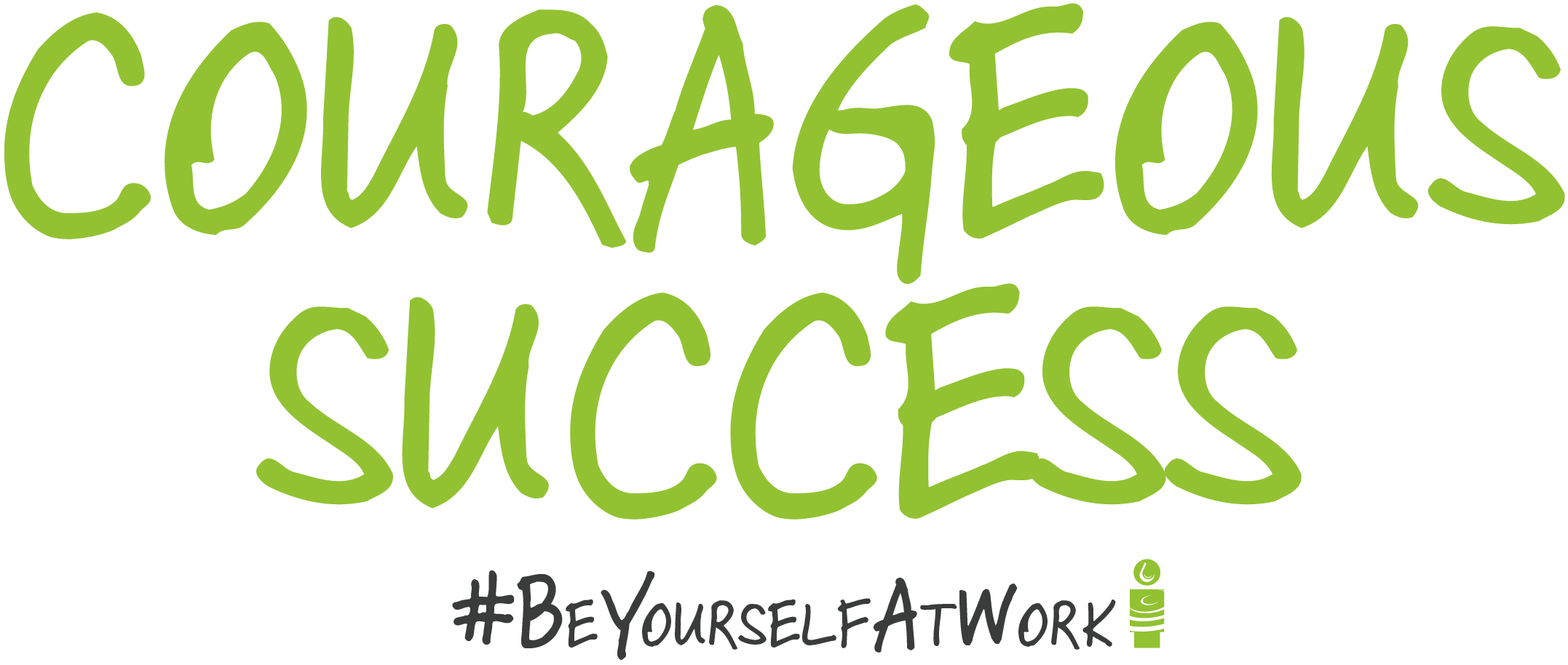”49% of male respondents and 52% of female respondents said they struggle with Imposter Syndrome ‘daily’ or ‘regularly’.” 2019 Imposter Syndrome Research Study, Clare Josa
We know that, in reality, virtually all of us regularly doubt ourselves. We mostly try to hide it. This, along with our reliance on recognition and conformity to what we feel others want to see from us, are the core reasons that stop us being the best of ourselves at work.
That’s why, later this year, we will launch the first global study into being yourself at work. We’d love you to join us. If you want to partner with us as a business, you’ll receive your own study stats for free. If you want to know what drives resilience, realness and will unlock #beyourselfatwork in the colleagues in your business, get in quick, as we can only partner with a few. Email me at lizvillani@courageoussuccess.com ASAP for more information.
Blog readers will be invited to take part too. We will encourage you to share the study outcomes, so that we can help all of us to understand what it is that will unlock being yourself at work globally.
So, let’s come back to confidence. Stats on imposter syndrome vary widely. A new UK study by Brigham Young University, and reported in the Daily Mail, has found that 20% of individuals do not feel capable in their roles. Even students feel the same. It affects both men and women. The research from Josa found that both men and women are affected at similar rates, though they handle it differently.
Women are more likely to find it affecting the actions they take in their career – holding back from promotions or setting up their own business. Men are more likely to ignore it and ‘push on through’, which can lead to stress, anxiety and depression – as well as a culture of fear and bullying at the most senior levels.
What can you do to build your confidence & consistently believe in yourself?
- The first step is to choose to be confident. Many people martyr, and often it’s unconscious. It’s easier to be not good at something. It gives us an excuse. Hiding also helps. But the price you pay is holding you back big time. Choose to want to feel confident.
- Stop comparing yourself to others. Instead only compare yourself to you.
- Set goals & targets for yourself. When we drift through life, especially when we spend our time working for others both at work and at home, it’s easy to feel that we are not in control. By setting small targets for our own happiness we bring a focus and a feeling of accomplishment. Dust off your dreams and pick one to aim for.
- If you rely on what is outside of you for your confidence, you’ll wait forever. You’ll swing through ups and downs. You shouldn’t need a gold star to feel confident & believe in yourself, so start to be conscious of noticing how much you rely on praise, recognition, being heard etc. for your confidence. (I made my daughter hand back her stars at school, she now knows she doesn’t need them!).
- Treat people well and at the same time be ‘what you see is what you get’. Stop changing and adapting, control your emotional responses and levels of resentment and frustration, so that you are great to be around, just as you.
#BeYourselfAtWork
